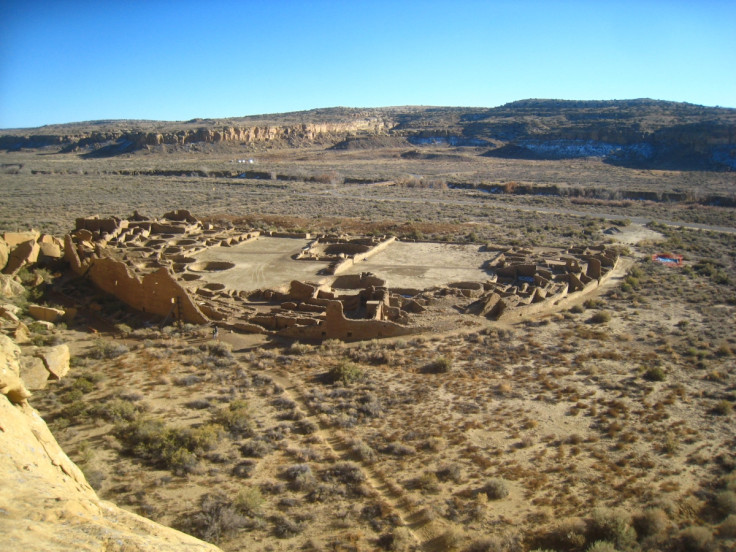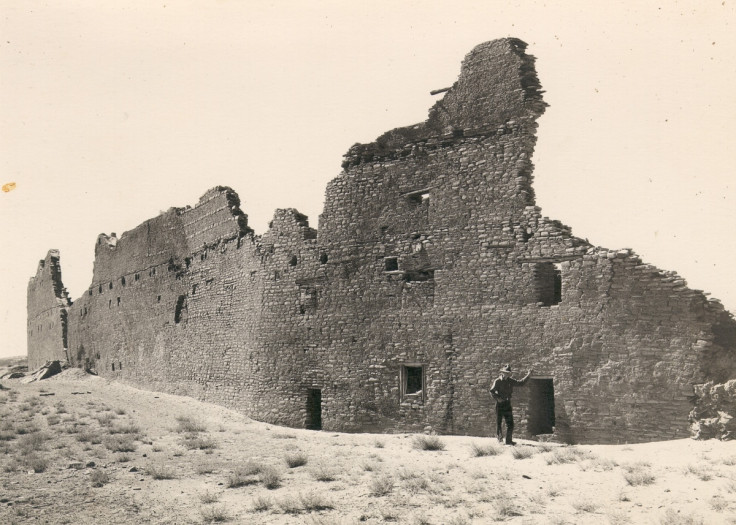Social collapse in ancient Pueblo civilisation linked to climate change

The early Pueblo civilisation colonised the Four Corners of the US for thousands of years until being abandoned for reasons unknown from the 13<sup>th century. Scientists have now discovered four major phases of societal collapse that took place in the last 500 years of the civilisation's existence.
Researchers from Washington State University found all of the collapses coincided with periods of climate change, and that times of drought led people to discard their spiritual beliefs and rituals and reform the society accordingly.
Published in Science Advances, scientists combined tree ring data indicating rainfall and heat over time with archaeological research from over 1,000 ancient Pueblo sites. This provided researchers with a view of how the society reacted to periods of climate change, which would significantly affect crop production, and therefore food availability.
They found a recurring theme. People would hold onto certain rituals and spiritual beliefs (that dealt the crop success) until they 'stopped working' (until a period of drought ensued). "Then there's a point where people say, 'this isn't working'," said study author Tim Kohler.
Four phases were identified between around 700–1400:

Researchers say the civilisation developed new ways of living whenever the old one was failing by coming up with new rituals and adapting to the changing climate: "The process of releasing one's self from those canons, the process of breaking that down, can occur very quickly and occurred very quickly four times in the Pueblo past," said researcher Kyle Bocinsky. "[After a collapse] there's a new period of wealth creation, investment in architecture and culture change," said Kohler.
While the ultimate cause of the disappearance of the Pueblo civilisation is still unknown, researchers say the findings could be used to chart the decline of Neolithic societies: "Neolithic societies everywhere shared relatively large and sedentary populations that faced two novel problems: how to coordinate ever-larger groups and how to avoid degrading local environments.
"Solutions to these problems inevitably involved ritually sanctioned norms and practices whose development might take generations but whose destruction could happen quickly when sets of integrated economic, organizational, and ritual practices in which people had heavily invested repeatedly failed to deliver on their constituents' expectations that their basic subsistence needs would be met."
© Copyright IBTimes 2025. All rights reserved.






















